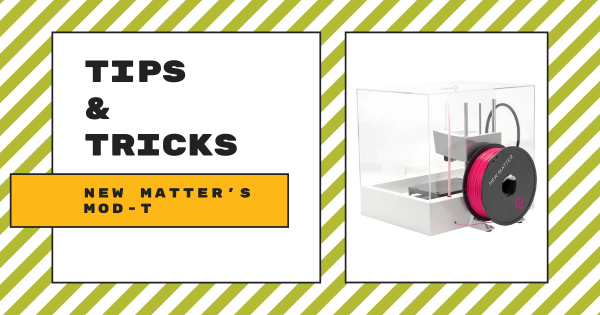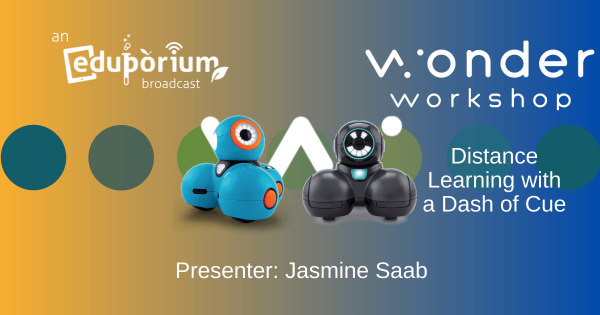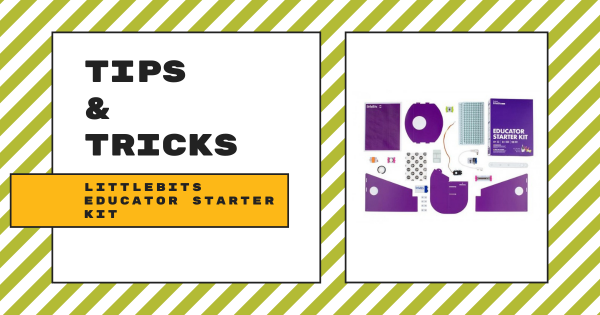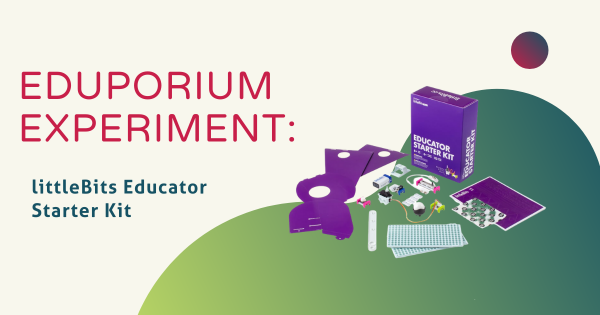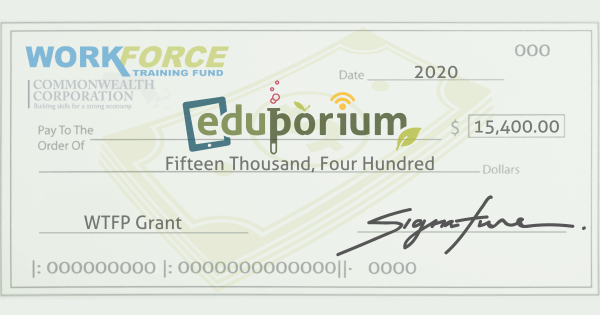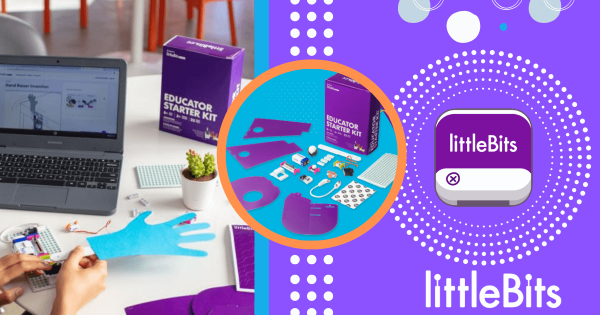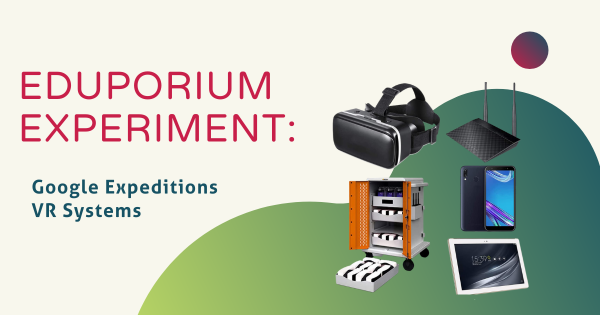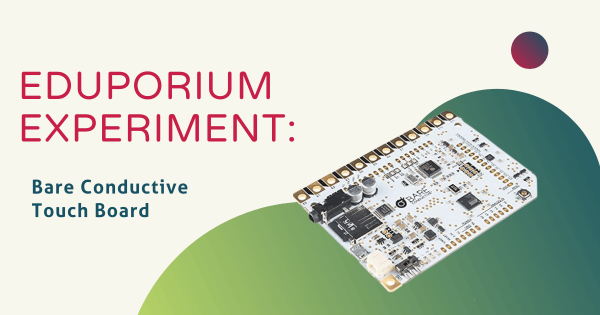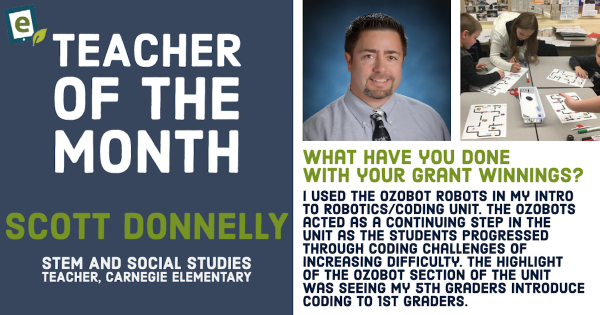For a long time, we sold New Matter’s MOD-t 3D printer on our store until that company shut down a few months back. There is one way, however, if you know how to do so, that you could still make use of a MOD-t printer. In this twist on our Tips & Tricks series, we’re going to help break it
STEAM
A broadened area branching out from STEM education, STEAM typically refers more to the creative side of things. STEM stands for Science, Technology, Engineering, and Math, which also happen to encompass some of the most prominent careers today. If we add an 'A' to make it STEAM, however, now we're incorporating art as well. Though not super closely related to science and technology on the surface, the arts may seem to be a strange element to add into STEM learning. With more opportunities to be creative, however, students can develop many of the key skills they'd need for success in a STEM career. STEAM learning encompasses many different areas—from artistic projects or makerspace endeavors to creatively solving problems. As kids try new, hands-on experiences, they also have more chances to activate inquiry and curiosity. And, these are two key drivers of learning and discovery.
Essentially, moving from STEM to STEAM involves adding extra creativity and opportunities for artistic freedom and exploration. Oftentimes, children will leverage various technologies in STEM or MakerEd projects but they can do even more. Tapping into the STEAM side of things, this gives them a chance to learn how thought-provoking questions and unique design elements can also come into play during their problem-solving processes. Educators could still encourage students to question things and connect problems to solutions—albeit with a more artistic lens. In STEAM projects, children often get to incorporate personalized details that illustrate some of their passions. And, while this self-expression is also important, it's how they authenticate these projects to the next degree that's truly valuable. Browse our STEAM content below for more insights and check out our store for all the tools you'll need.
-
Sponsoring A Session For The Wonder Workshop Summit
Our Wonder Workshop friends revealed the new, virtual environment within which children can program the Dash Robot (available in May)! While that’s all extremely exciting, we are also very excited to be sponsoring one of the upcoming virtual PD sessions. It will be hosted by Jasmine Saab, who is a longtime fourth grade teacher, and it’s taking place on April -
Tips & Tricks | littleBits Educator Starter Kit
Since it was released a few months back, we’ve gotten the chance the try out the littleBits Educator Starter Kit, which essentially serves as a trial kit for educators interested in STEAM learning with littleBits. It’s one single littleBits kit and doesn’t include much more than teachers and students need to get started inventing with littleBits. -
Eduporium Experiment | littleBits Educator Starter Kit
Not sure if littleBits would work in your classroom? The Educator Starter Kit is designed for one educator and 1-2 students to test out the littleBits invention system before committing to classroom, schoolwide, or district-wide implementation. STEAM lessons include everything from constructing simple circuits to coding the functions of servos! -
Eduporium Awarded Workforce Training Grant From State Of MA
The Eduporium team is excited to announce that we’ve received a financial award as part of the Massachusetts Workforce Training Fund Program. The state’s Executive Office for Labor and Workforce Development announced all of the grant’s recipients last week and we are excited to receive a share of the funds, which will help us keep scaling our business in various -
littleBits Team Releases New STEAM Kit for Teachers
This new release contains a carefully selected set of Bits designed to help educators discover how littleBits can help students learn and grow through STEAM. The kit allows teachers to get a feel for teaching with littleBits and allows district leaders to observe how well students interact with the technology before committing to purchasing larger kits. -
Eduporium Experiment | Google Expeditions VR Systems
Google Expeditions has become a technology staple in many schools due to its ability to transport students to another location without them ever stepping foot outside the classroom. Students can become immersed on a guided tour through multiple locations or historic events, like The French Revolution and a lot more! -
Eduporium Featured Educator: Laura Luker
As we do at the beginning of every month, we’re highlighting the work of an innovative educator who has consistently used EdTech to empower his or her students with enhanced learning experiences. This month, we’re featuring Laura Luker, a teacher from Massachusetts, who was one of the educators to receive our EdTech grant in the past year. -
Eduporium Experiment | Bare Conductive's Touch Board
We’re continually thankful and excited about our relationship with Bare Conductive. Although we’re from different continents, we love what their products enable for creative education. At the heart of their educational offerings, which are perfect for makerspaces, is their conductive paint. Yes, you read that correctly. -
Eduporium Featured Educator: Scott Donnelly
We love being able to share these stories and educators’ accomplishments with you and hope this series continues to inspire all educators to try some new things in the classroom! This month, we’re highlighting Scott Donnelly, an elementary STEM teacher from Pennsylvania, who’s been using EdTech he received through our grant to run coding programs for his students!




